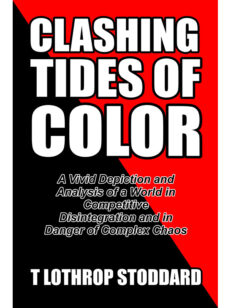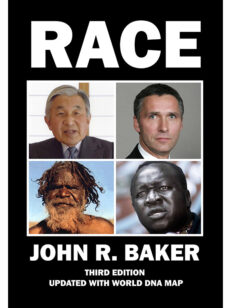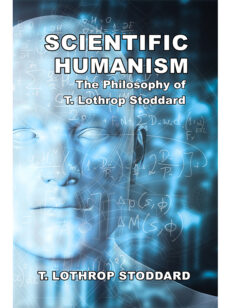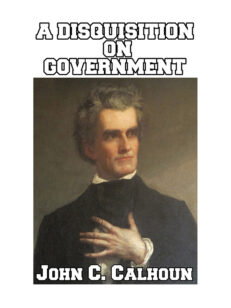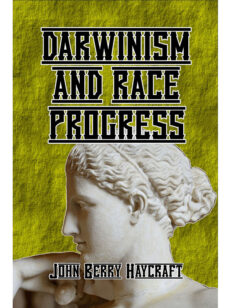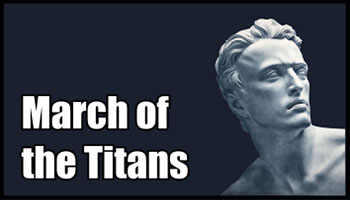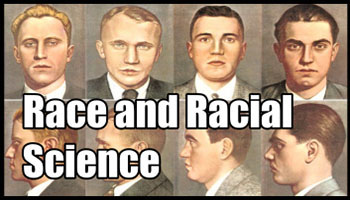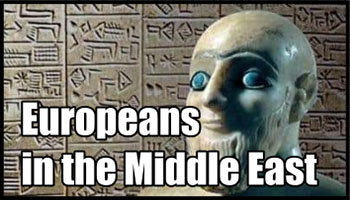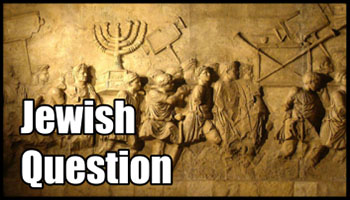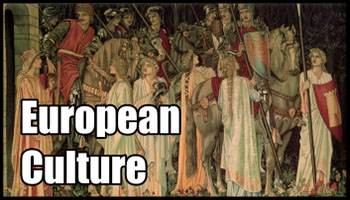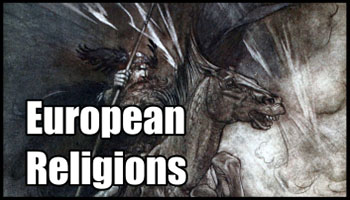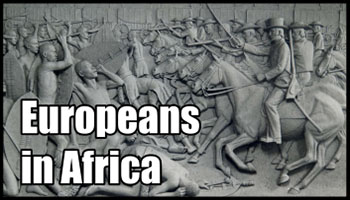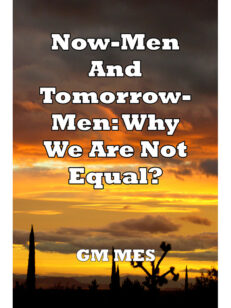Description
By G. M. Mes. Introduction by Professor Raymond Dart, discoverer of the of Australopithecus africanus fossil. A ground-breaking work of evolutionary racial psychology which argues that the human transition from the ape-man to man occurred not when his skull took on a different shape, but when his mind became conscious of the future and lifted him out of the paradise of the present.
This occurred, the author argues, not on the day that our primitive ancestor made his first tool or weapon, but on the day that he remembered to keep the stick or stone which had come fortuitously into his hand.
Henceforth, he would have a weapon whatever the nature of the terrain and could of course gain a great advantage over his enemies by choosing the battleground.
From then on the choosing, shaping and making of weapons and tools followed automatically together with all the advantages to be thus gained over an adversary who did not know of his future existence.
This faculty of a future-sense developed sporadically and at a different pace in different parts of the world until man of today could be broadly classed into three categories, without clear boundaries but broadly typical of the extent of such development:
- The Asians are men of the east whose future-sense had reached eternity, making them in their thinking a fatalist, or merely a link in the chain of eternity;
- The Africans, with a very short future-sense and the happier for it because of their ability to enjoy the present without much concern for the future; and
- The Europeans, with a short to medium future-sense, the restless go-getter to whom is denied the restful resignation of his fatalistic long-futured or happy short-futured fellow man.
About the author: Gerrit Marie Mes was a general and orthopedic surgeon who trained in the Netherlands and London, and lived in Krugersdorp, South Africa.
Contents
Foreword
CHAPTER I: Introduction
CHAPTER II: “Man” and “Animal”
CHAPTER III: Caveman to Farmer
CHAPTER V: The two basic types: Now-Men and Tomorrow-Men
CHAPTER VI: The ‘Bad’ Short-Futured Ones
CHAPTER VII: The ‘Good’ Short-Futured Ones
CHAPTER VIII: The Long-Futured
CHAPTER IX: The Different Values of Truth
CHAPTER X: Lies, Sin and Ethics
CHAPTER XI: Laws and Justice
CHAPTER XII: Human Rights and ‘Liberty’
CHAPTER XIII: On Governments
CHAPTER XIV: The Long-Futured States
CHAPTER XV: The Short-Futured States
CHAPTER XVI: Mixtures
CHAPTER XVII: But have a care!
APPENDIX I: Heredity and Environment
APPENDIX II: Temporealisation and the Self
Epilogue
225 pages. Paperback.


